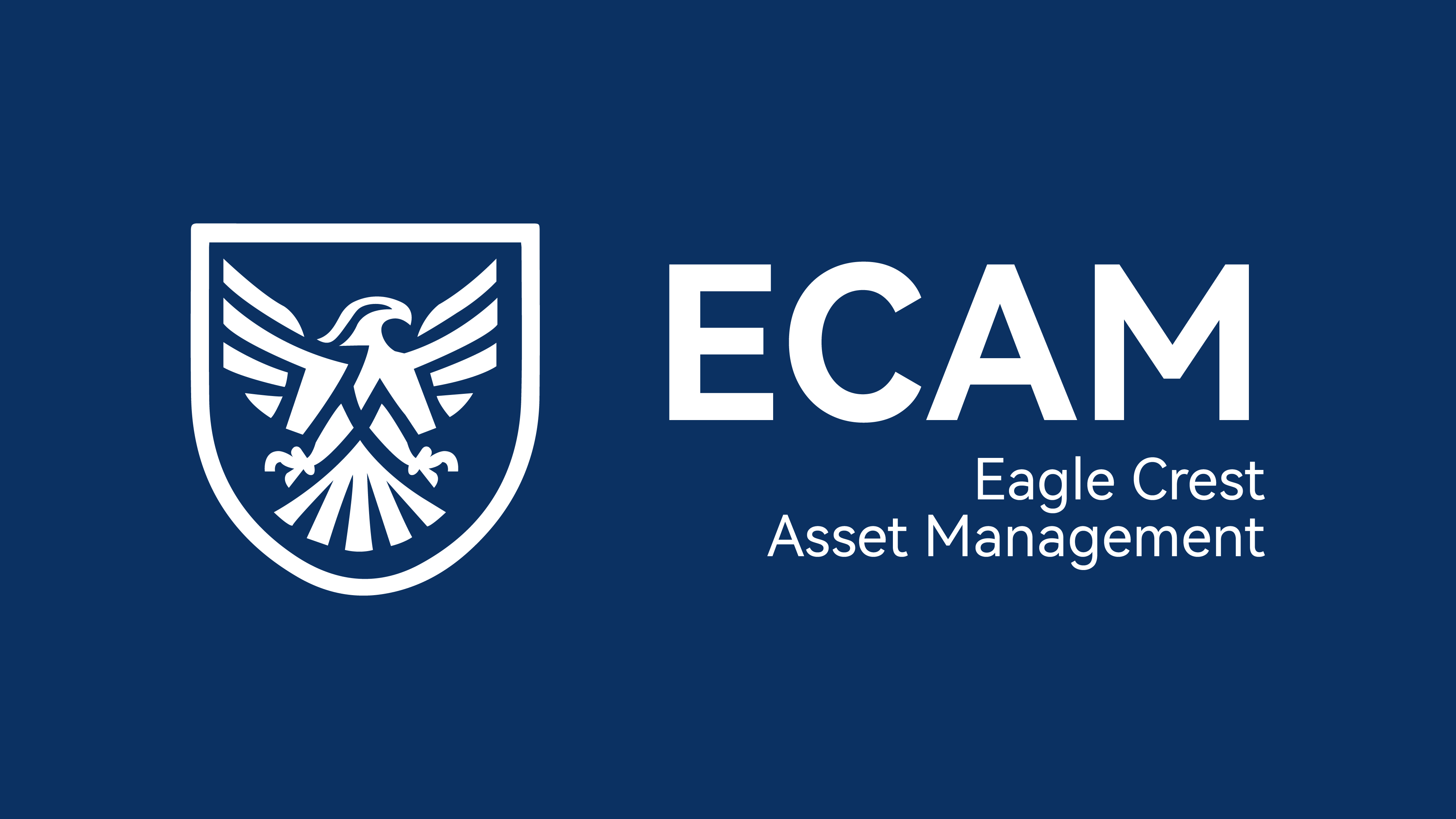US Treasury Department Announces Cryptocurrency Tax System for 2025
According to Odaily, the US Treasury Department's Internal Revenue Service (IRS) has announced a cryptocurrency tax system for 2025. The system is designed to establish record-keeping rules for digital asset brokers. However, the rules related to Decentralized Finance (DeFi) and non-custodial wallets have been temporarily shelved. The agency believes that mainstream crypto platforms handling the 'vast majority' of transactions can no longer wait for rules, but other issues require more research and will establish corresponding rules 'later this year'.The newly released tax rules will take effect for transactions from 2025 and require brokers to closely monitor the cost basis of their clients' tokens from 2026. The new rules for cryptocurrency brokers require trading platforms, custodial wallet services, and digital asset exchange platforms to submit disclosures about client asset changes and earnings. These assets will also include stablecoins such as USDT and USDC and high-value Non-Fungible Tokens (NFTs) in very limited circumstances, although the IRS explicitly refuses to resolve the long-standing debate about whether tokens should be considered securities or commodities.Under the new rules, the IRS will not require reporting of most regular stablecoin sales and has set an annual threshold of $600 for NFT earnings, which needs to be reported only if it exceeds this threshold.
